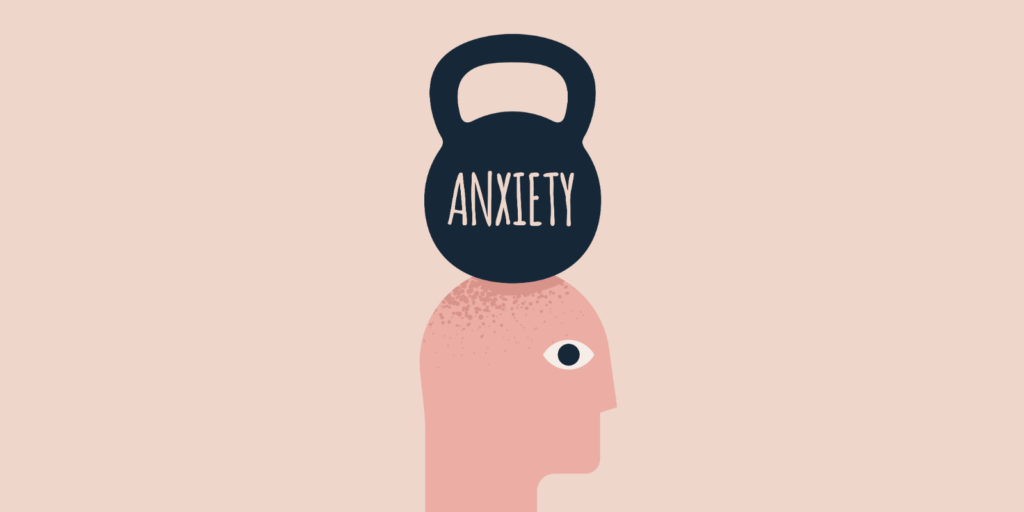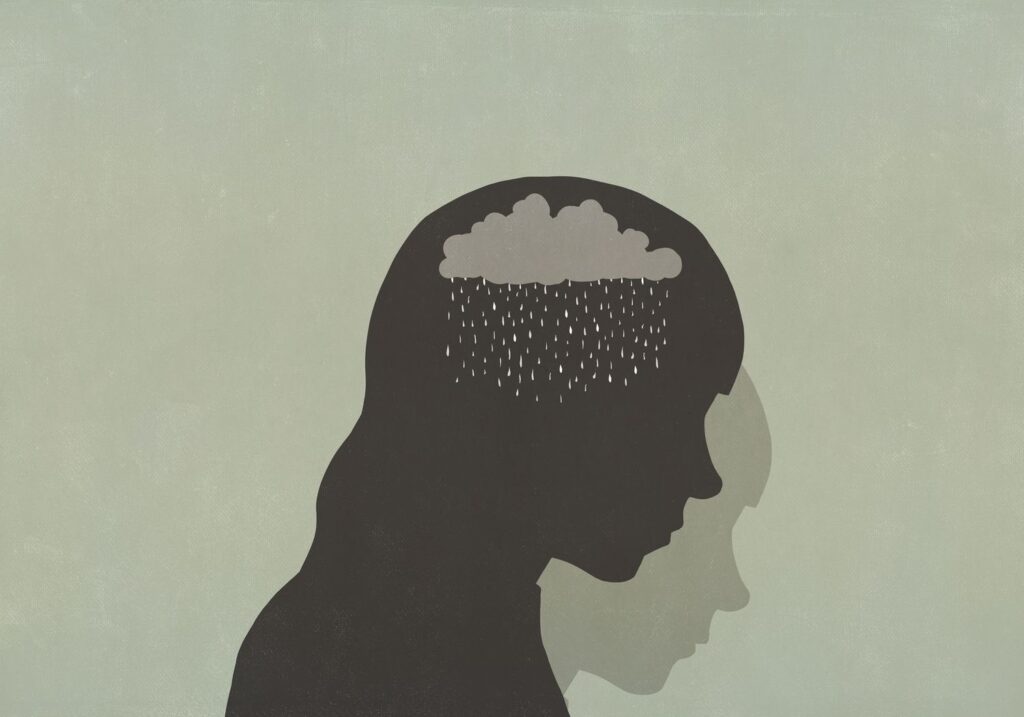Anxiety- Generalized Anxiety Disorder (Severe Anxiety)
In today’s fast-paced and demanding world, it is no surprise that many individuals find themselves grappling with anxiety. While anxiety is a common human emotion, for some, it becomes a constant and overwhelming presence that significantly impacts their daily lives. Severe anxiety, also known as generalized anxiety disorder (GAD), is a condition characterized by excessive …
Anxiety- Generalized Anxiety Disorder (Severe Anxiety) Read More »







